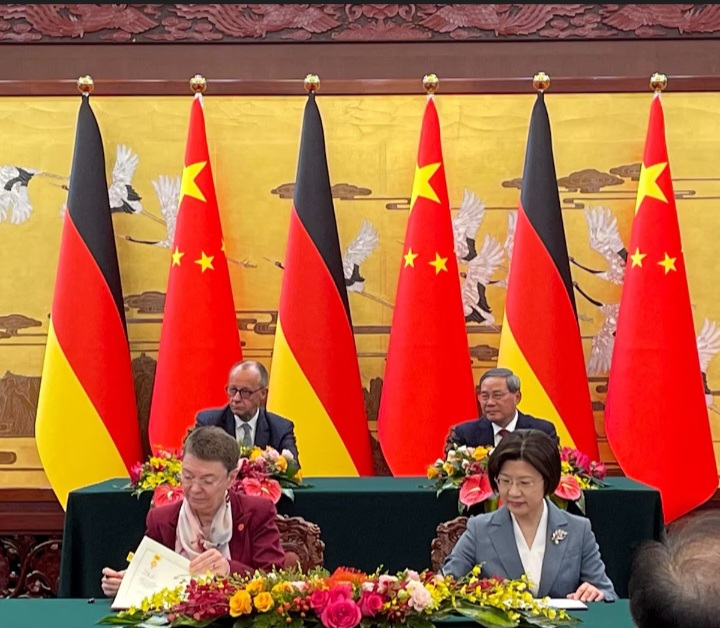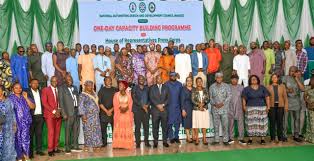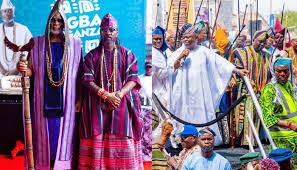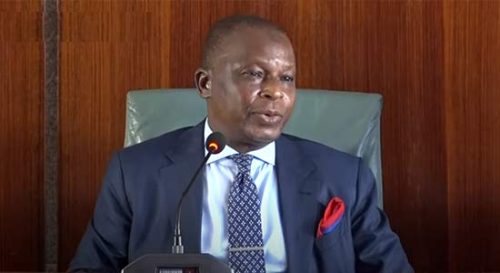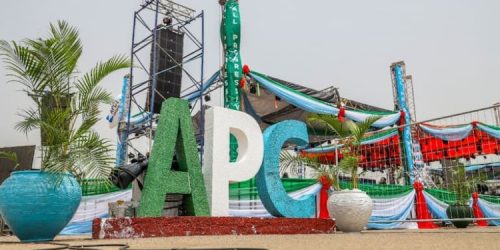IFC Invests $6bn in Africa’s Digital Push as NITDA Seeks Deeper Partnerships

The International Finance Corporation (IFC) has pledged to intensify its support for Africa’s digital transformation, disclosing that it has channelled more than $6 billion into digital infrastructure across the continent over the past decade.
Speaking at the inaugural GITEX Nigeria summit in Lagos, Dahlia Khalifa, IFC’s Regional Director for Central Africa and Anglophone West Africa, said the investments are aimed at expanding broadband penetration, boosting fibre connectivity, and developing green data centres to position Africa as a global digital hub.
“Infrastructure is the foundation, but entrepreneurship is the engine,” Khalifa said. “To seize this opportunity, we need reliable broadband, robust data centres, and modern digital infrastructure. IFC is helping unlock this future by mobilising capital at scale.”
She revealed that in 2024 alone, IFC invested more than $1 billion in connectivity, including $100 million for Raxio Group’s data centres and support for WIOCC’s fibre expansion in Nigeria, the Democratic Republic of Congo, and South Africa. In Lagos, the IFC-backed Rack Centre is already setting new benchmarks for sustainable data facilities.
With Africa’s digital economy projected to contribute $180 billion to GDP by 2030 and create more than 230 million jobs in Sub-Saharan Africa, Khalifa emphasised that bridging infrastructure gaps, lowering technology costs, and securing financing will require closer collaboration between governments and the private sector.
Echoing that call, Director-General of the National Information Technology Development Agency (NITDA), Kashifu Inuwa, said government policy is now focused on enabling partnerships.
He pointed to the Nigerian Startup Act, which was co-created with innovators, academia, civil society, and private sector leaders, as a landmark step in building a sustainable tech ecosystem.
“The government is not just a regulator but a partner in this process,” Inuwa said. “Through the Startup Act, we established a consultative forum where government, industry, and innovators jointly propose policies. These are then escalated to the National Council on Digital Innovation and Entrepreneurship, chaired by the President and Vice President.”
Beyond infrastructure, IFC is also supporting Africa’s innovation pipeline through its Venture Capital Platform and Startup Catalyst Program, which backs more than 100 startups in fintech, healthtech, edtech, and e-commerce. Companies such as Andela, TradeDepot, and Wave Mobile Money have benefitted, expanding digital services and creating jobs across the continent.
Khalifa described Nigeria as “ground zero” for Africa’s AI revolution but cautioned that responsible regulation, skills development, and private sector investment are essential to ensuring inclusivity.
“By harnessing AI and digital technologies responsibly, and by building the right partnerships, Africa can shape a digital economy that is inclusive, innovative, and globally competitive,” she said.
The GITEX Nigeria summit convened government officials, global investors, technology leaders, and entrepreneurs to explore how digital innovation and artificial intelligence can drive Africa’s long-term growth.




